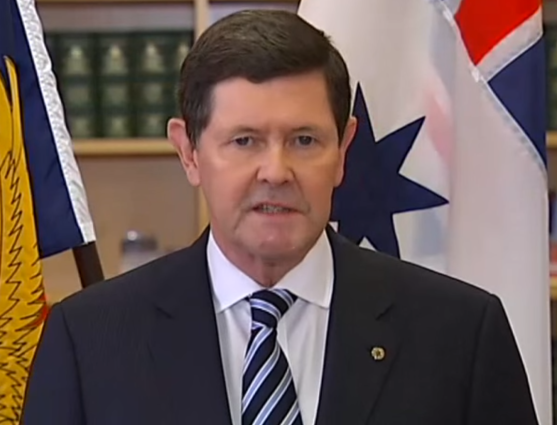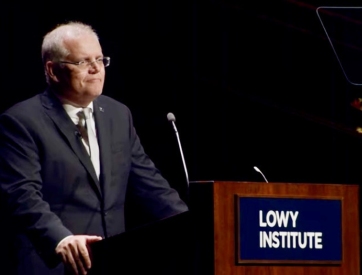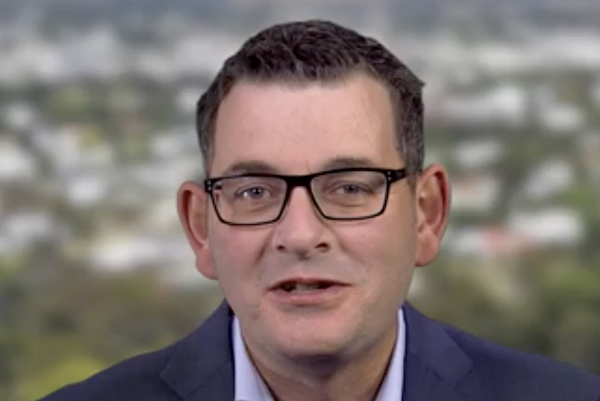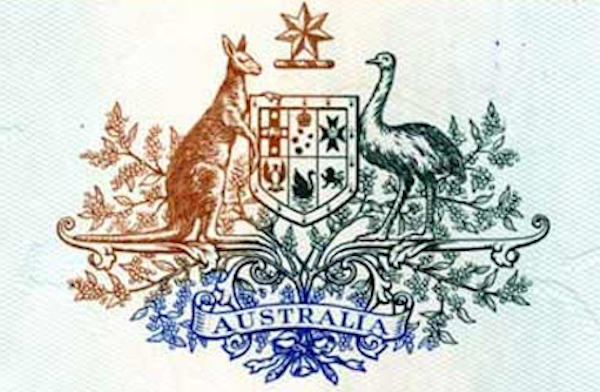The Coalition's internal tussles threaten to cast it into the electoral wilderness.
AS THE CRUSHING defeat of the Victorian Coalition continues to echo through the halls of Parliament in Canberra, the endless blame game and infighting rages on within an already divided Federal Coalition Government.
In a continuation of the internal battles begun with the ousting of former Prime Minister Tony Abbott, the moderate and more pragmatic elements of the Liberal party face off against the deeply entrenched hard-right faction of the party.
In many ways, this long unresolved ideological battle represents the key challenge which the Coalition faces going into the future. These two forces, pulling in completely different directions, represent the continued fragmentation of the Coalition’s base of voters, as the lack of a consolidated political narrative continues to elude the Coalition since the departure of former PM John Howard.
As chaos continues to reign in Canberra, everyday voters across the nation increasingly just want the Coalition to get on with the job of governing the country, rather than engaging in yet another round of damaging infighting.
This failure to act with even the most basic level of responsibility in government has only served to further degrade the electorate’s faith in a government that has completely lost its way, as Coalition party members increasingly engage in an all-out ideological battle within their own party.
The Coalition faces a difficult and uncertain future as it attempts to heal its largely self-inflicted wounds. With the Liberal and National parties continuing to push policies out of touch with the modern electorate and demographic changes continuing to erode the party’s base of support, they faces serious challenges to retain its relevance and political influence going into the future.
In formerly safe Liberal seats such as Indi and Wentworth, the Coalition has lost the support of moderately conservative voters to independents in the form of Cathy McGowan and Kerryn Phelps. Both McGowan and Phelps were elected on a platform that largely represents traditional "small-L liberal values", strongly illustrating that it’s not the Coalition’s base that has changed but the values of the Coalition itself.
This pattern of losing seats previously thought to be blue ribbon electorates to moderate Independents is a scenario that continues to play out across the country, at both state and federal levels.
As the Coalition right continues to rail against the party’s return to a more ideological centrist position, long-time conservative voters continue to look for an alternative that more closely suits their own political and social values.
If more "small-L liberal" Independents continue to run in Liberal-National heartlands, they will find an ever-increasing number of disenfranchised Coalition voters who want a return to reasonable, considered values, who have no interest in the ideology of the hard right.
Meanwhile, on the Coalition’s right flank, there is the growing possibility that a resurgent One Nation may continue to expand the party's support among some nationalist and heavily conservative voters. In recent months, Pauline Hanson has been on a major recruiting drive as she attempts to build a more cohesive and experienced party in the run-up to the next Election. The threat posed by One Nation is one the Coalition is extremely wary of, especially in states like Queensland where One Nation has performed strongly in the past.
As the Coalition continues to attempt to balance the parties appeal between "small-L liberals" and more staunch conservatives, the small amount of cohesion still holding the party together threatens to evaporate as the infighting continues to rage.
With the federal opinion polls pointing to a repeat of the result of the Victorian election across the nation, the Coalition will require a strong unifying force and a level of leadership unseen within the Federal Party for years.
Without the required political acumen, skill and broad appeal required to lead the Coalition into the political wilderness, the party’s fortunes may only continue to decline. The Coalition’s internal ideological conflicts threaten to destroy not only the party’s chances in the present but also its potential for a strong resurgence in the future.
Tarric Brooker is a freelance journalist and political commentator. You can follow him on Twitter @AvidCommentator.
 This work is licensed under a Creative Commons Attribution-NonCommercial-NoDerivs 3.0 Australia License
This work is licensed under a Creative Commons Attribution-NonCommercial-NoDerivs 3.0 Australia License
Support independent journalism Subscribe to IA.












